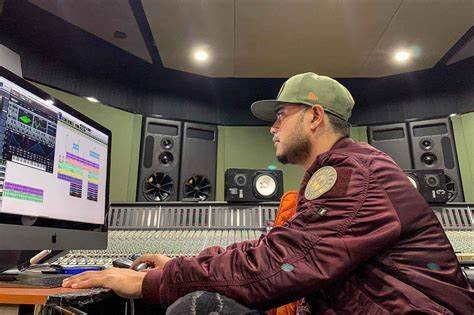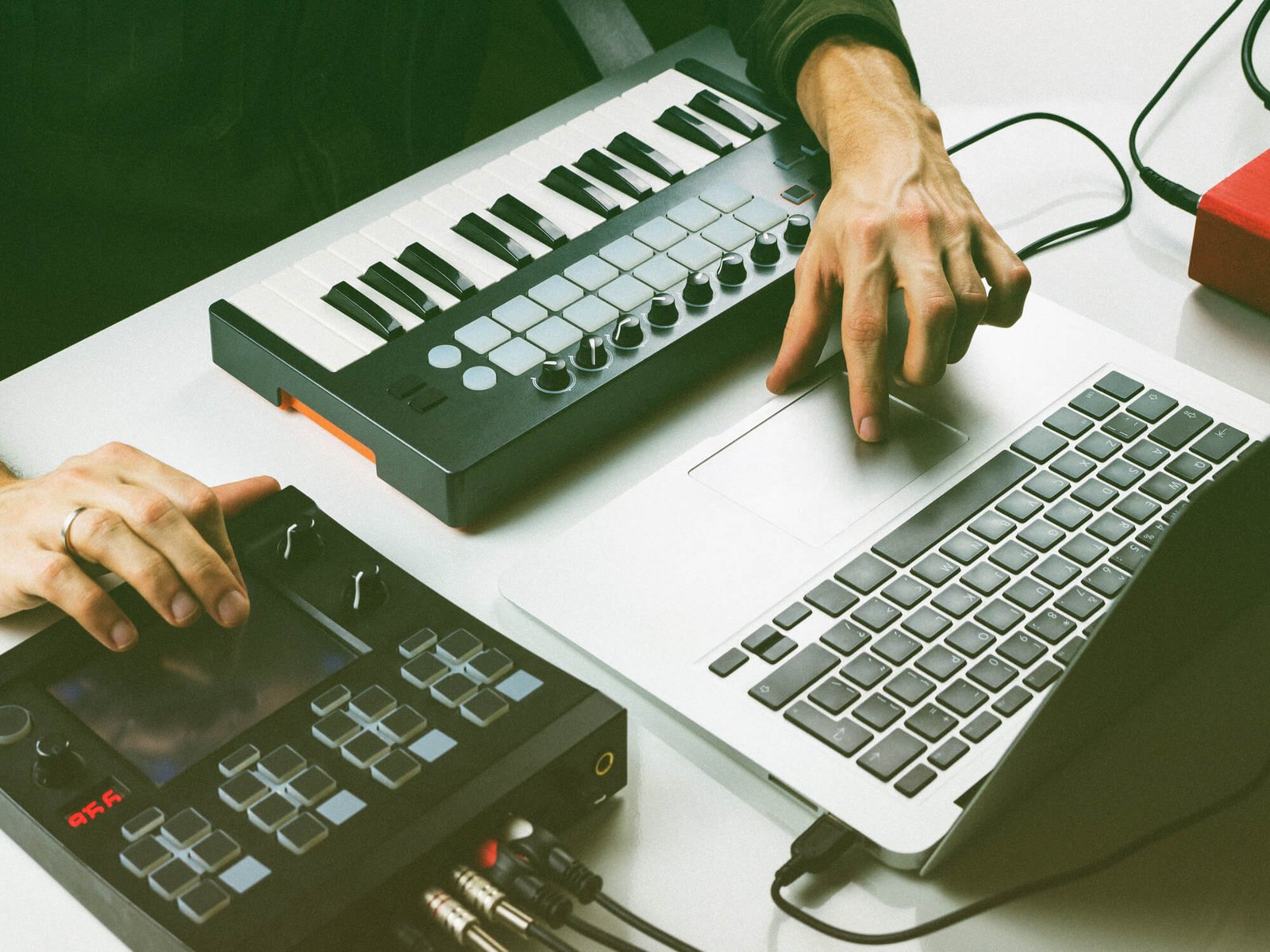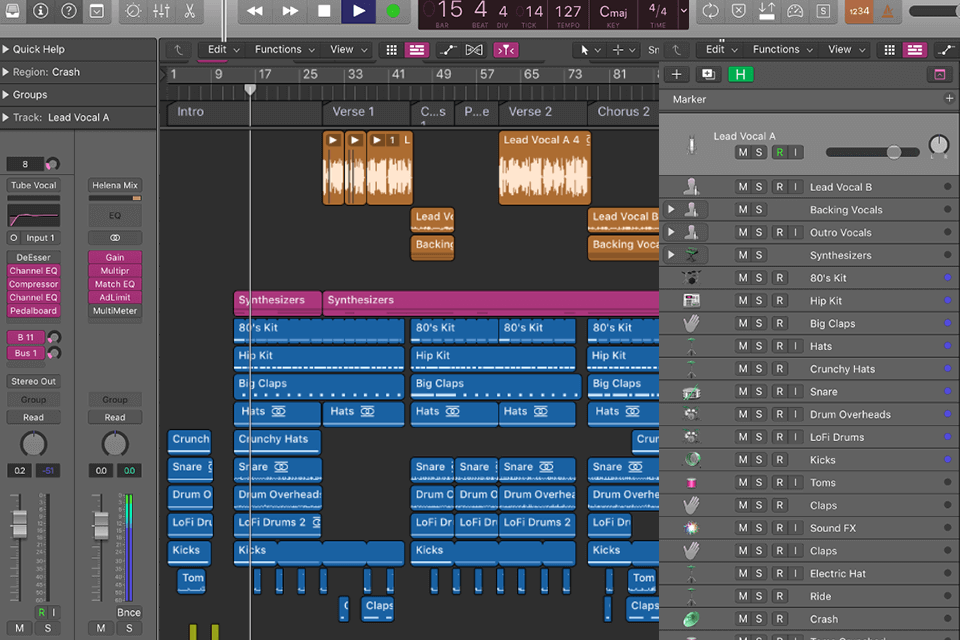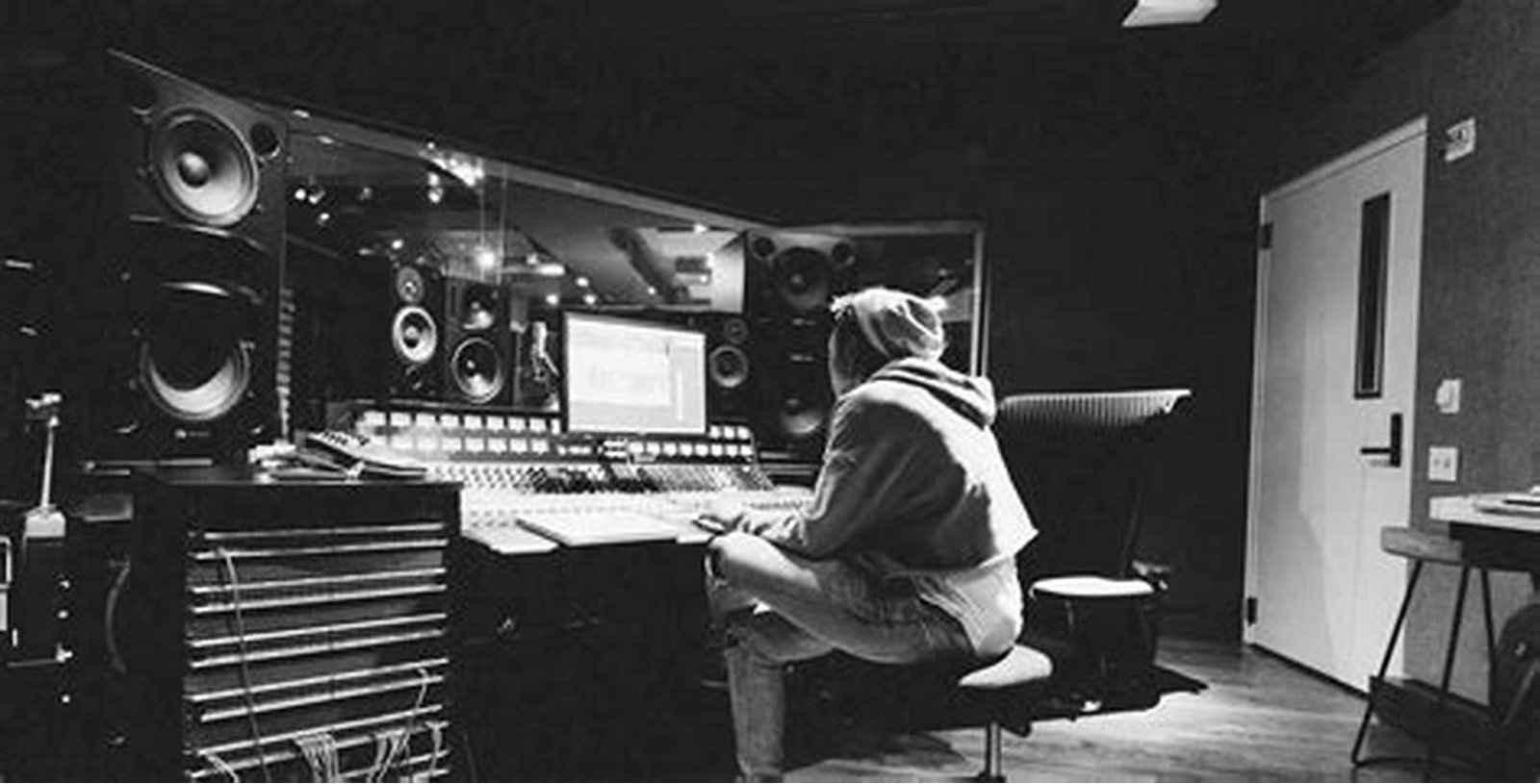Becoming a successful music producer requires a combination of technical skills, creativity, and the ability to collaborate with artists and musicians. Music production is a highly competitive field, but with dedication, perseverance, and the right approach, you can carve out a rewarding career. In this article, we’ll guide you through the essential steps to becoming a successful music producer.
1. Develop Your Technical Skills
The first step to becoming a successful music producer is to develop the necessary technical skills. These skills allow you to create and manipulate sound effectively. Here’s what you need to focus on:
Learn Music Production Software
Familiarize yourself with digital audio workstations (DAWs) such as Ableton Live, Logic Pro, or Pro Tools. These tools are the foundation of music production, and mastering them will give you the ability to record, edit, and produce tracks.
Understand Music Theory
While not always necessary, a basic understanding of music theory will give you a deeper understanding of how music works. Learning about scales, chords, and progressions will help you create more cohesive and professional-sounding music.
Get Comfortable with Sound Engineering
Sound engineering is a key component of music production. Learn how to operate microphones, mixers, and audio interfaces, as well as how to handle aspects like EQ, compression, and reverb to shape the sound of a track.
Master MIDI and Sampling
Many producers rely on MIDI (Musical Instrument Digital Interface) and sampling to create their beats. Understanding how to work with virtual instruments and incorporate samples into your productions is crucial for building a diverse sound.
2. Build Your Music Production Portfolio
A strong portfolio is essential for showcasing your skills to potential clients and collaborators. This is where you can demonstrate your ability to produce various genres, create unique sounds, and work with different types of artists.
Start with Personal Projects
Begin by creating music on your own or with friends, experimenting with different styles and sounds. Record and produce songs that showcase your creativity and technical abilities.
Collaborate with Artists
Work with vocalists, musicians, or bands to produce tracks for them. This will allow you to build a network and gain experience in the process of working with different artists. Your collaborations will also help you build your portfolio with real-world projects.
Create a Demo Reel
A demo reel is a collection of your best work that highlights your skills as a music producer. This should include a few of your best tracks across different genres, showcasing the full range of your abilities. Keep it concise—around 3-5 minutes—and make sure it represents your unique style.
3. Gain Experience and Build Relationships
Experience and networking are crucial for a successful music production career. You need to build a reputation within the industry, and one of the best ways to do this is by getting hands-on experience and connecting with the right people.
Intern at a Recording Studio
An internship at a recording studio is an invaluable way to learn the ins and outs of the industry. It gives you the chance to learn from experienced producers and engineers, as well as to get comfortable in a professional studio setting.
Attend Music Events and Conferences
Networking is key in the music industry. Attend industry events such as conferences, workshops, and music festivals. These gatherings provide the opportunity to meet artists, managers, other producers, and record label representatives.
Reach Out to Artists and Labels
Don’t be afraid to pitch your services to artists and record labels. Many successful producers got their start by reaching out to aspiring musicians and offering to produce their tracks. Be persistent, professional, and proactive in seeking opportunities.

4. Stay Current with Industry Trends
The music industry is constantly evolving, and staying up-to-date with the latest trends and technologies is crucial for remaining relevant as a producer.
Experiment with New Technologies
Advances in music production software and hardware are constantly emerging. Experiment with new tools, plugins, and sound libraries to expand your creative possibilities and stay ahead of the curve.
Follow Industry Leaders and Trends
Stay informed about industry trends by following successful producers, music blogs, and online communities. Pay attention to the evolving styles, sounds, and production techniques that are shaping the future of music.
Keep Evolving Your Sound
While it’s important to have a signature style, don’t be afraid to explore new genres and techniques. Constantly evolve as a producer to avoid becoming stagnant and to keep your music fresh and exciting.
5. Understand the Business Side of Music Production
Being a successful music producer isn’t just about creativity—it’s also about understanding the business side of things. Knowing how to manage contracts, royalties, and budgets is essential for building a sustainable career.
Learn About Music Copyrights and Royalties
Music producers should understand how copyrights work and how royalties are divided among the creators of a song. Educate yourself about publishing, licensing, and the different revenue streams available in the music industry.
Negotiate Contracts
As you begin to collaborate with artists and labels, you’ll need to negotiate contracts. This may involve setting rates for your production services, determining royalties, and clarifying ownership of the music.
Build a Personal Brand
In a competitive industry, building your personal brand is essential. Develop a unique identity as a producer and market yourself through social media, a professional website, and by leveraging platforms like YouTube and SoundCloud.
6. Keep Improving and Stay Passionate
The most successful music producers are the ones who never stop learning and improving their craft. Passion and dedication are what set apart great producers from good ones.
Take Courses and Workshops
Continue to expand your knowledge by taking online courses or attending workshops. The more you learn, the better your productions will become.
Seek Feedback and Keep Growing
Seek feedback from other professionals in the industry and use constructive criticism to improve your skills. Stay open to new ideas and be willing to push your creative boundaries.
Stay Passionate About Music
Ultimately, your passion for music will drive your success. Stay excited about the music production process, keep creating, and always strive to improve.
Conclusion
Becoming a successful music producer takes time, hard work, and dedication. By developing your technical skills, building a strong portfolio, networking, staying current with industry trends, understanding the business side of music, and continuing to grow as an artist, you can build a long-lasting career in music production. Stay persistent, passionate, and open to learning, and you’ll be well on your way to success in the music industry.











